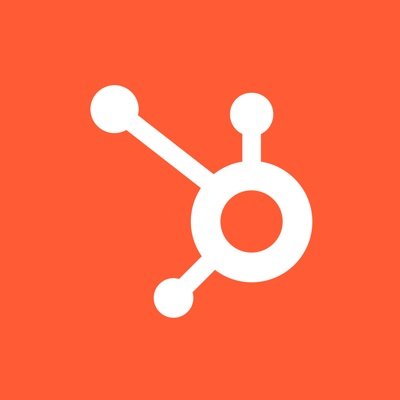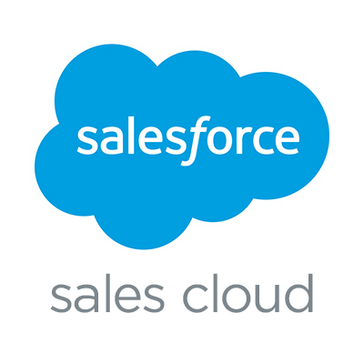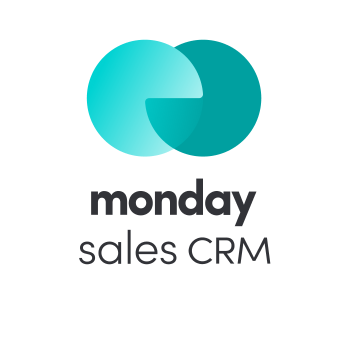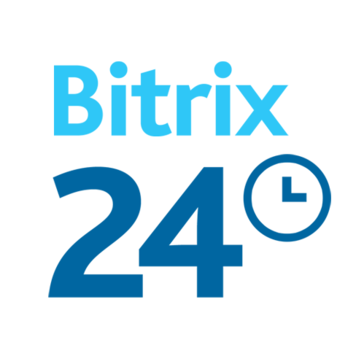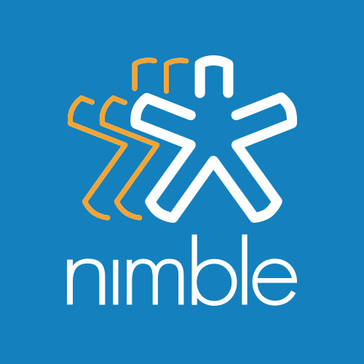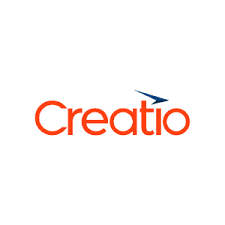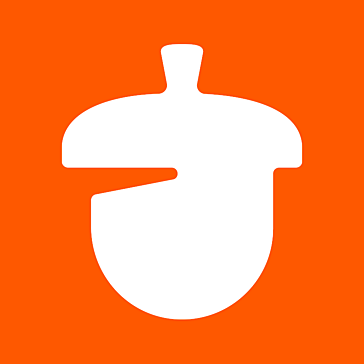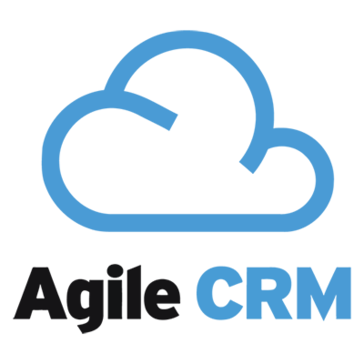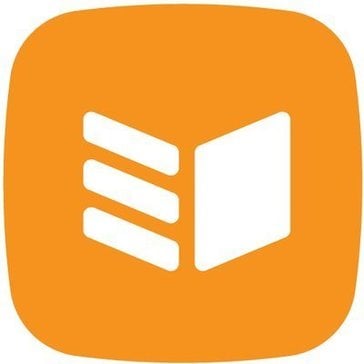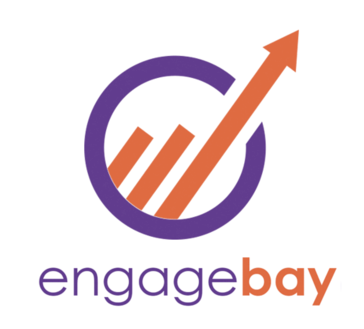CRM for Marketing Agencies Buyer's Guide
Table of Contents
Whether you’re looking for the best CRM for an advertising agency or social media services, this CRM buyer's guide will help you make the right decision. This guide goes through the essential process of choosing the CRM. This includes
- What Does a CRM Do for Marketing Agencies?
- What Features must you look for when choosing the best CRM for a marketing agency?
- How much does a CRM for marketing cost?
Let’s dive in.
» What Does a CRM Do for Marketing Agencies?
Before we jump to what CRM for marketing agencies does and choose the best CRM for advertising agencies, let's understand why agencies need CRM in the first place. We can categorize these reasons into two parts.
Reason #1. Data, More Data, Lots of Data.
Proper data management is the reason behind successful creative and marketing agencies. Because if data is not managed well, the agency will sink sooner or later! Why? Because agencies generate tons of data per client. If not handled well, this precious data can ultimately cause the loss of both client and agency.
Reason #2. Stagnant Revenues and Lost Opportunities
Many creative agencies lose tons of revenue because they keep jumping from one project to another without organizing things. Moreover, tasks like making modifications and pitching clients often take more time, and thus the actual work [the one that brings revenue] takes a back seat, resulting in revenue loss.
And hence, there's a desperate need for a CRM for marketing that automates the lead collection and communication process and, most importantly, organizes all the information in one place. In-built advanced analytics will automatically show areas where more efforts are needed to improve revenue and gain new opportunities.
Now, CRM for marketing helps agencies in the following ways:
#1. Leverage Data for Data-Driven Marketing:
A CRM is a helpful tool to understand how your lead generation efforts are stacking up and, most importantly, where your leads are coming from.
#2. Planning customer journey:
Every marketer must deal with the customer journey at one point. And CRM is the best way to prepare and track your customer journey because it gives you holistic views into how your customers engage with your brand and whether your marketing efforts are paying off.
» What Are the CRM Features for Marketing and Creative Agencies?
Below are the top must-have features when selecting CRM for Marketing and Creative Agencies.
#1. Web to Lead Functionality
This feature automatically collects the lead data from the website. The general workflow is as follows.
- The user fills out the lead form on site
- CRM logs in the data,
- Sales representatives can follow up with prospects through this data.
This feature saves time for sales and marketing teams as otherwise, they would have to manually enter the lead data into CRM and remove the duplicate data.
#2. Customization
Many marketing and creative agencies often collect so much client data that, in the end, it's difficult to optimize it well. Thus, a good CRM provides versatile customization options that let them tweak functions so that data is captured and organized correctly.
#3. Client Retention Features
A business can't survive if it keeps running after new customers. Current customers need attention too!
So, your agency needs to retain current clients by providing them with additional services and attention.
Any CRM you choose should give client retention features, including a 360-degree view of the client's history, work, payments, communications, etc.
It will benefit you in the long term as you can understand your client's needs well and can even upsell and cross their other services in your agency. E.g., Cross-selling Instagram paid ads service to YouTube paid ads clients.
#4. Billing Functionality
Agencies often keep CRM and billing software separate. But it's both expensive and time-consuming. Here's why. Firstly, the team has to input all the data into CRM manually.
Secondly, you need to pay the cost of billing software separately. Having a billing option within CRM saves your agency from this hassle. Each billing hour, price, and expense is automatically recorded within the CRM. And you don't even have to pay a cent extra for billing software.
#5. Mobile Access
'Why mobile access is required when all the work happens from a desktop or laptop?'.
Well, one of the perks of working in a marketing agency is that most of the marketing team will be working out of the office. In other words, many of them are working in the field, negotiating client deals, doing presentations and pitching, shooting videos, photography, recording Instagram and FB stories, and other parts of modern-day marketing.
This shouldn't stop you from keeping in touch with other clients and team members. What if a client asks for an urgent response from you, and you are not in the office?
It's going to be unpleasant, right? But having a CRM with mobile access can combat this issue as you instantly reply to them in urgent matters while accessing all the critical data to resolve their problem. This is only possible when you have a mobile version of your CRM.
#6. Client Portal Option
How often does your agency get a client call asking for invoice details or reports? You need a client portal if you need help counting it on your finger.
Getting constant calls from clients can disrupt you and your team's workflow. And thus, any CRM you choose must provide a client self-service portal where clients can log into their accounts and check the invoices and deliverables.
But that's not all; you can take it a step further by allowing your clients to submit updates and approval on the project. This will significantly reduce work disruptions and save time that would otherwise go into taking follow-ups, answering calls, giving updates, etc.
#7. Partner's Pipeline
As a marketing agency, developing a list of solid contacts is critical. You can leverage these contacts to help you promote your client's business. You will need to constantly make and manage these relationships, as they will be the key to helping your clients gain maximum results.
These contacts include PRs, media partners, influencers, bloggers, photographers, etc. A CRM is one of the best ways to collect and nurture such communications.
#8. Third-Party Integration
It doesn't matter how good a marketing CRM is. The list of things that need to be added is never-ending. Furthermore, multichannel marketing is the future. Hence, you will need more than one communication or marketing channel to survive shortly. And to fill this gap, you will need to take the help of third-party tools and integrations.
You can't just rely on Facebook to find your potential clients. Connect with them through Instagram, LinkedIn, YouTube, Reddit, and other channels. So, whatever CRM your agency decides to go forward with, ensure that it has tons of third-party integration so that you can take advantage of essential things.
#9. Enhanced Email Communication
Reminder! Email marketing is not dead.
It's still one of the highest revenue-grossing marketing channels out there. So, you need to jump on the wagon if you still need to use email marketing.
The best CRM for a digital marketing agency has advanced email marketing capabilities that will help you manage your relationship with clients and run marketing campaigns for them. Pay special attention to these features when choosing the
- Bulk emailing
- Premade email templates
- Email tracking
- Email marketing automation
#10. Number of Client Records
A CRM is a valuable tool as it helps record a client’s address, phone number, email, and other basic information.
However, the best CRM tool for a marketing agency is the one that lets you scale as your business grows. This facility is available in the majority of cloud marketing CRM.
#11. Data Backup
As a digital agency, there is nothing worse than losing the essential data of your client. Hence, to safeguard your data, choose the CRM that provides regular data backups which can help you in case your original data gets corrupted!
Please note, this list is by no means comprehensive. There are several other factors that you will have to see when choosing the right CRM for marketing. However, this list contains the top things that are a must-have!
» How Much Does a Marketing Agency CRM Cost?
This section will give you a brief overview of how much the best CRM tools for marketing agencies cost and what hidden charges you may incur once you start using them.
Firstly, let’s explore the pricing model. Not all CRM for marketing agencies come in the subscription form. If you would rather pay a one-time fixed fee, there are several great CRMs available in the market.
Three Types of Pricing Models
Modern CRMs for an ad agency, a marketing agency, or social media marketing have three pricing models:
|
Flat Fee |
Subscription |
Free-Forever Plan. |
|
In this pricing structure, the CRM vendors have a flat fee. For a fixed period, regardless of features and functionalities. It can be a month or a year. |
This is a standard model with modern CRMs. The price is generally charged. Every month per user. |
Some CRMs also have a forever free plan, providing limited access and a budget for high-priced software. |
|
It can range anywhere from $5000 per year for small-sized agencies to as high as $40,000 for large enterprises. |
It can range anywhere. Between as low as $9 per user per month to $1500. Per user account for enterprise CRM. |
Although there are $0 charges, the features and number are often limited. |
» How to Create a Realistic Budget for CRMs?
When looking for the best marketing agency CRMs, you must price your budget accordingly. Apart from monthly or one-time fees, you may also have to pay extra costs to use the software. These are as follows:
- Add-ons cost - Many CRM for creative agencies have several add-ons to extend the functionality of the software. The price of an ad can differ based on complexity, features, etc. However, it's still an expense you will need a budget for.
- Set Up fees-Although cloud-based CRM for marketing and creative agencies doesn't call for intensive setup, you may still need to migrate your data from the old system to the new system, which can cost anywhere from $1000 to $5000 depending on the volume.
- Requirements and planning - If you are a small business, you can directly start using CRM out of the box without much planning. However, if you are a large-scale enterprise marketing agency, you will spend time and money documenting processes, migrating data, reviewing existing systems, etc. The planning phase can cost over $10,000 for large agencies with high-volume data.
- Support - You will need to invest in customer support, whether a small-scale or large agency. The excellent news is that cloud-based CRMs often have support teams ready for your call.
They may even help you up your ROI. But the amount of customer support can vary wildly depending on the CRM.
This is much more true in the case of enterprise marketing agencies, as the number of employees is much higher than small and mid-scale agencies, and thus they should be ready to shell out more for premium large-scale customer support.
» Conclusion
CRM is a tool worth investing in if you run an advertising, creative, or marketing agency.
By centralizing information and making data management more accessible, CRMs can bring in more revenue and reduce lost opportunities.
Use the above points to ensure that you choose only the best CRM for your digital marketing agency.

